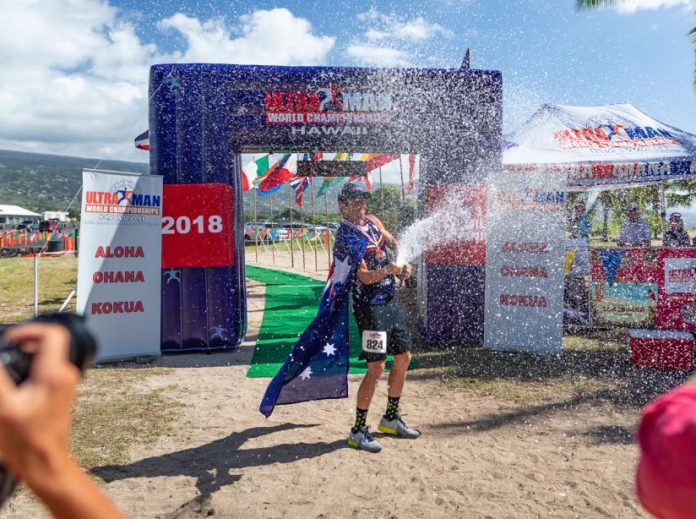Researchers at Florida State University are taking the first ever look at how the human body responds to the extreme endurance race known as the Ultraman. An Ultraman race is a three-day competition designed to push participants’ physical and mental endurance. It consists of a 6.2-mile open water swim, followed by a 90-mile bike ride on the first day, a 172-mile bike ride on the second day, and a double marathon — a 52.4-mile run – on the third day.
Lead researcher Michael Ormsbee, assistant professor of exercise science and director of the Institute for Sports Sciences and Medicine, initially got involved with Ultraman races when asked to provide advice for Florida State alumnus Chris Clark, the first type 1 diabetic to every finish the race. Clark wore a glucose monitor that allowed researchers to check on his concentrations at any time.
Researchers descended on the Florida Ultraman in February, taking weight readings, urine samples, glucose levels, hormone levels, and analyzing body composition. The immediate effects of the competition startled the researchers — even with contestants trying to eat and drink for optimal sports nutrition, multiple contestants saw double-digit weight loss from the second to third day of competition and significant spikes in glucose levels.
When it’s that extreme of an event, you could be perfect with nutrition and fitness and still not make it through the entire race.
— Dan Baur, FSU researcher
Ormsbee and graduate students Dan Baur and Chris Bach are continuing to analyze the data for publication, but already Ultraman organizers are already interested in how endurance athletes could take better care of themselves before and after a race. They’ll do a separate case study on Clark, since here is no data on other type 1 diabetic Ultraman competitors.
The “ultra” goal is to learn when and how the body breaks down, and thereby give answers to how to keep the body going.








